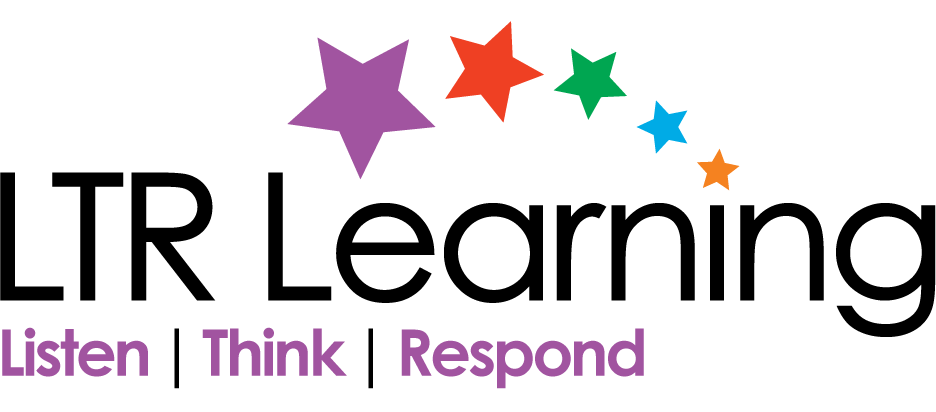Why is phonics important?
To be able to hear the sounds of a language and replicate them are the first steps in learning to speak a language.
To become literate, those sounds and speech patterns are linked to a written code (graphemes) which the language uses to produce its literature.
Linking the sounds (phonemes) and the code (graphemes) together is called phonics. The teaching of phonics begins with the simplest and most regular letter code before moving on to more complicated letter and sound combinations.
This applies to any language which has a written alphabetic code. The careful listening and replication of pronunciation goes hand in hand with the learning of the code that represents those individual sounds or syllables. Learning how the code works is fundamental to becoming literate in that language. If the student of a language does not master these fundamental understandings, then guessing becomes the default position of the learner and confidence and the desire to learn the language are often destroyed.
This is why the LTR Language & Literacy Program is built on the foundation of Phonemic Awareness (hearing the sounds in words and being able to manipulate them), Phonics (recognising the code when reading and writing), Spelling (understanding the structure of words) and Grammar (understanding the structure of sentences). All are fundamental to being able to read, write and spell confidently.
For more information about LTR Learning (Listen, Think, Respond) products and how they meet the Australian Primary School English Curriculum for Foundation/Reception to Year 2 students, view Curriculum and Products.

